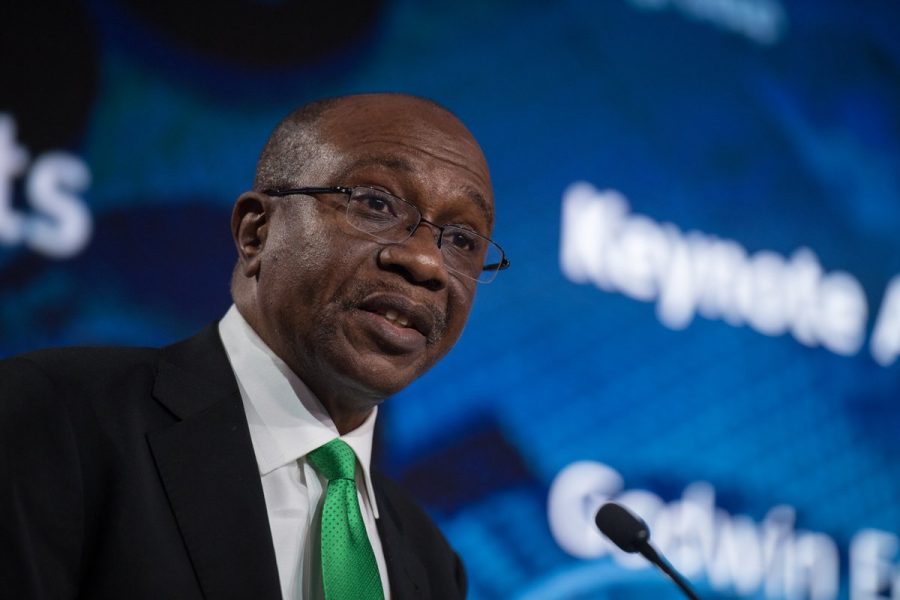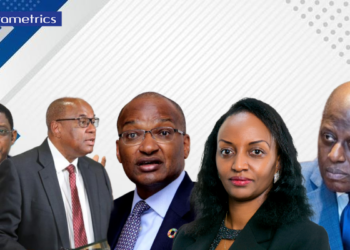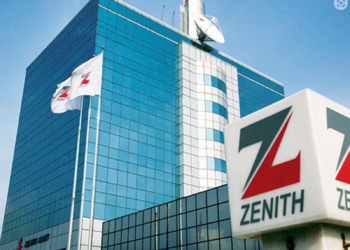One day after the Central Bank of Nigeria (CBN) heavily “penalized” some banks in the country for disobeying a directive requiring them to lend to the real sector of the economy, top executives of the affected lenders have met with the apex to demand a review of the sanctions.
According to sources familiar with the development, the bank chiefs were gathered in Abuja, yesterday, at the CBN headquarters where they met with top CBN officials. They demanded an immediate review of the penalty stemming from their claim that the CBN failed to stick with an earlier announced deadline before it can take effect.
[READ MORE: CBN grants approval for banks to debit accounts of loan defaulters]
The CBN acted faster than usual: In their argument, the aggrieved bank chiefs said that the CBN had earlier given September 30th as the deadline for compliance by all Nigerian lenders. Interestingly, the apex bank did not even wait for September to end before imposing the penalty on September 26th.
As Nairametrics reported, the CBN deducted a total of N499.1 billion, from their accounts with the CBN. The affected banks include:
- Zenith Bank Plc (N135,629,337,625);
- Citibank Nigeria Limited (N100,743,055, 321);
- United Bank for Africa Plc (UBA) (N99,676,181,916);
- First Bank of Nigeria Limited (N74,668,880,480);
- Standard Chartered Bank Limited (N30,027,137,984);
- Guaranty Trust Bank Plc (N25, 147, 933, 628);
- First City Monument Bank (N14, 371,064, 742);
- FBNQuest Merchant Bank Limited (N2, 697,456,144);
- Jaiz Bank Plc (N7, 525, 165,552);
- Keystone Bank Limited (N4, 162, 938, 879);
- Rand Merchant Bank Limited (N2, 823,177,399); and
- SunTrust Bank (N1,703,205,427).
Prior to this time: The Central Bank of Nigeria did publicize the directive in early July, much to the dislike of many banks. According to the directive, banks must meet and maintain a minimum loan to deposit ratio of 60% by September 2019 or risk being debited. It was also noted that the ratio would be periodically reviewed on a quarterly basis.
A dilemma for banks: Recall that the CBN issued the directive in a bid to discourage banks from merely investing in risk-free securities when they should be lending to the real sector and stimulating economic activities in the process. In other words, the directive is aimed at facilitating easier access to funds for businesses. Nigerian banks are mostly sceptical of lending to the real sector, out of fear of loan losses which ultimately impact negatively on their performances.
[READ ALSO: Why CBN disallowed banks from investing in bonds on Thursday]
In the meantime, the banks apparently do not have a choice than to increase their lending. Agreed, it can be argued that the CBN ought to have waited until the deadline before imposing the penalty. But then again, how much difference does five days really make! Moreover, why were the banks waiting until September 30th to adhere to the directive when they had the whole of July, August, and September?
NB: This article has been amended to correct the wrong impression that the banks were fined. The banks were not fined.






















